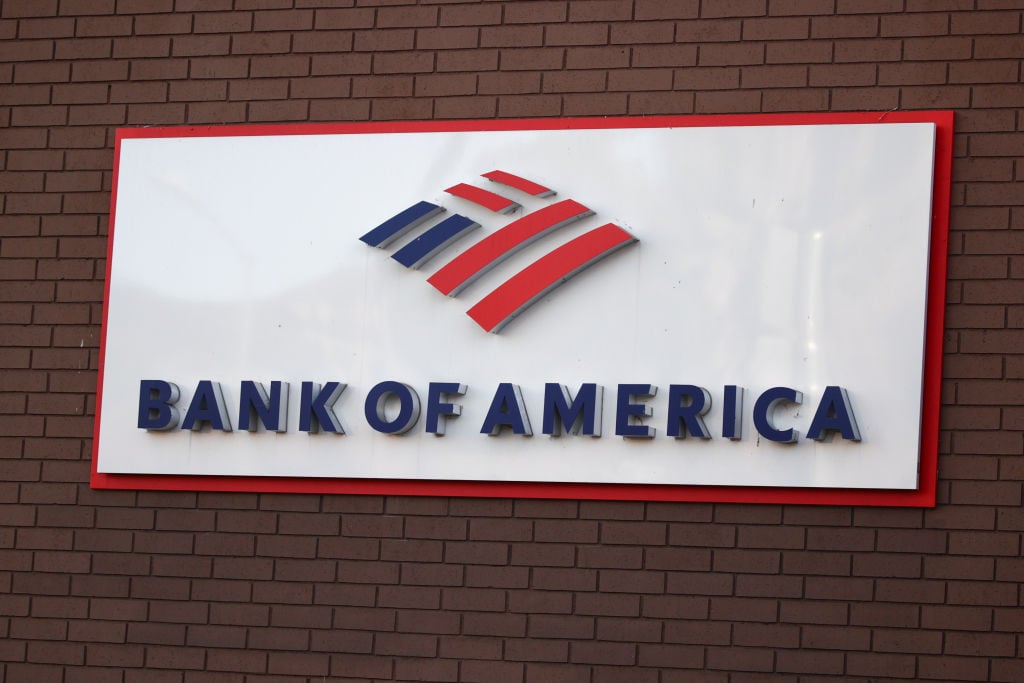In early 2007, hedge fund manager Kyle Bass wrote, "How many trillion dollar markets that directly touch the consumer are you aware of that are unregulated? I don't know of one other than residential mortgage origination."
He was right, and he became quite wealthy figuring this out. Bass is one of the few hedge fund managers who shorted the mortgage market and walked away outrageously rich.
It took a while, but Congress is finally catching on to this as well. Last week, the Senate voted 63-36 to outlaw "liar loans," or mortgages made to borrowers who state their income with a number pulled straight from their rear end.
Liar loans once had a useful purpose. For small business owners and contract workers who can't properly document their income, liar loans ("no-doc" is the term the industry prefers) were a good way to serve a small niche of creditworthy yet out-of-favor borrowers.
That changed early last decade, when liar loans became a convenient way to milk the system. In 2006, liar loans made up 81% of near-prime mortgages, 55% of jumbo mortgages, 50% of subprime mortgages, and 36% of prime securitized mortgages, according to the Dallas Fed.
Common sense tells you that lending to people who are lying to you won't end well. And it didn't. As of April, 34.1% of mortgage-backed securities made up of liar loans were delinquent.
Who made these loans? Luckily, just about everyone who did is either bankrupt or was taken over by someone with more gray matter. Most liar loans were made by independent mortgage brokers like New Century, Thornburg, and Countrywide (now owned by Bank of America (NYSE: BAC)).
These companies couldn't care less if borrowers were lying. They had no reason to care. They simply originated the loans and sold them to Wall Street. Wall Street then packaged them up, convinced Moody's (NYSE: MCO) and S&P to slap a triple-A stamp on them, and sold them to some other dupe. The entire system relied on trust, which makes the prevalence of liar loans all the more ludicrous.
What this really comes down to is incentives. Originators had all the incentive in the world to pump liar loans through the system because that's how they made their living. CNBC reporter David Faber wrote a fantastic book on the subject, and quotes one mortgage originator as saying:
Fully documenting the borrowers' income could have stopped [the crisis]. If I had said to you, the borrower, 'Fully document your income or you won't get this loan,' it would have ended. But I'm one lender, right? So you know what happens to my volume if I do that and no one else does? It goes to zero.
When companies know what they're doing is stupid but can't stop because doing so will put them out of business, you've found a good candidate for regulation. For that, I salute the Senate for banning these things.
Farewell, liar loans. You won't be missed.




